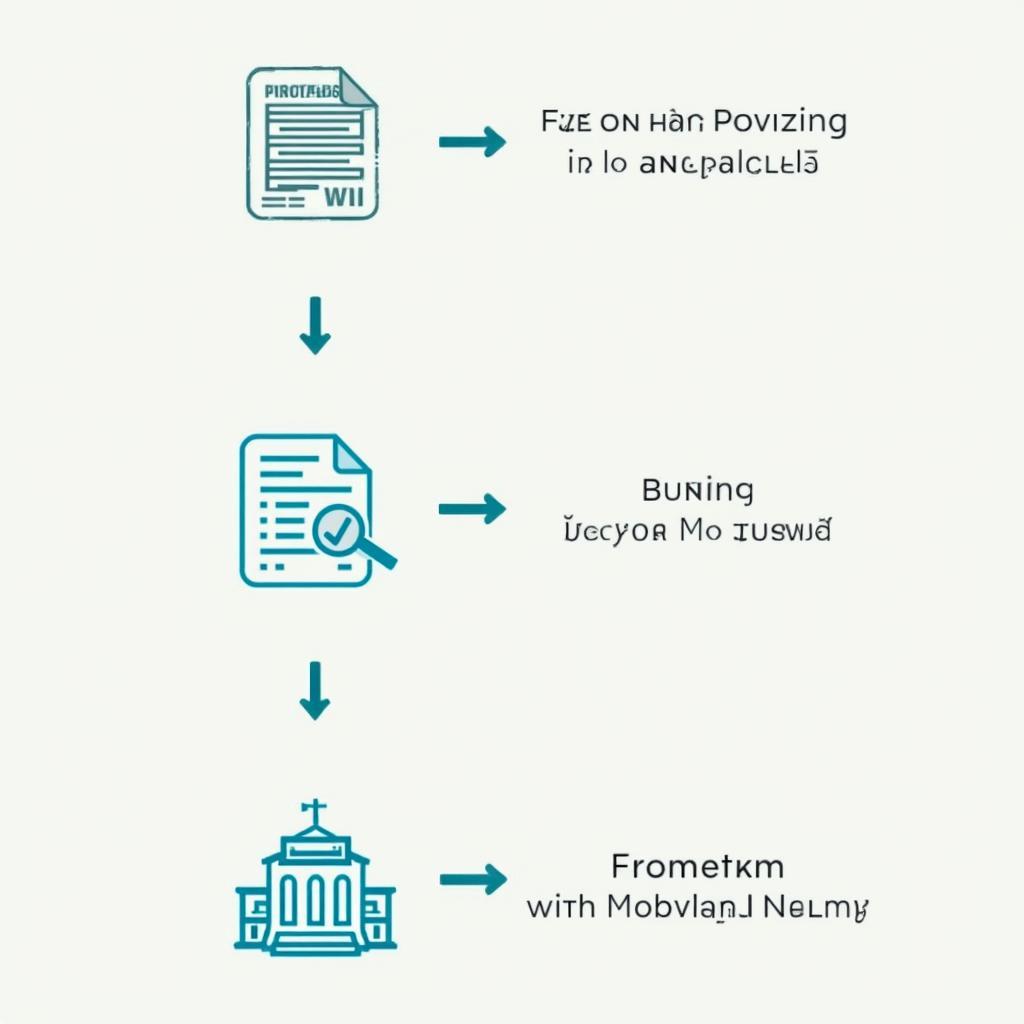
Can a Power of Attorney Change a Will After Death?
A power of attorney is a legal document that authorizes someone (the “agent” or “attorney-in-fact”) to act on behalf of another person (the “principal”). This authority can be broad or limited, covering financial, medical, or other matters. A common question surrounding powers of attorney is whether they remain effective after the principal’s death and, specifically, if they allow the agent to change the principal’s will. The short answer is no. A power of attorney terminates immediately upon the death of the principal.
A will, on the other hand, is a legal document that dictates how a person’s assets will be distributed after their death. It takes effect only after the principal dies. Because a power of attorney ceases to exist at the moment of death, the agent can no longer act on the principal’s behalf, including making changes to their will. Attempting to do so would be legally invalid and could have serious consequences.
What Happens to a Will After Death?
Once a person dies, their will becomes subject to probate, a legal process overseen by a court. During probate, the court validates the will, appoints an executor (named in the will or appointed by the court), and ensures the will’s instructions are carried out. The executor is responsible for gathering the deceased’s assets, paying debts and taxes, and distributing the remaining assets to the beneficiaries named in the will.
 Power of Attorney, Will, and Probate Process
Power of Attorney, Will, and Probate Process
Can Someone with Power of Attorney Manage Estate Planning?
While an agent cannot alter a will after the principal’s death, they can play a crucial role in estate planning during the principal’s lifetime. A power of attorney can grant the agent authority to manage financial affairs, which might include paying bills, managing investments, and even creating or funding trusts, depending on the scope of the power granted. These actions can be an essential part of a comprehensive estate plan. However, they must be carried out while the principal is still alive.
how to become an estate planning attorney
What if Changes Need to be Made to a Will?
Only the principal can change their will while they are alive and of sound mind. This can be done by creating a new will or executing a codicil, a legal document that amends an existing will. It’s crucial to ensure any changes are made according to the legal requirements of the jurisdiction to be valid. Consulting with an estate planning attorney is highly recommended to navigate this process.
Common Misconceptions About Power of Attorney and Wills
One frequent misconception is that a power of attorney grants the agent control over the principal’s assets after their death. This is not true. As explained earlier, the power of attorney terminates upon the principal’s death. Another misconception is that having a power of attorney gives the agent the right to change the will. Again, this is incorrect. Only the principal can alter their will.
how to change a power of attorney
The Importance of Consulting with an Attorney
Estate planning can be complex. Having a clear understanding of the roles of a power of attorney and a will is essential for effective planning. Consulting with a qualified attorney can help individuals create a comprehensive estate plan that meets their specific needs and ensures their wishes are carried out. An attorney can also clarify any questions about powers of attorney and wills, helping individuals avoid potential legal issues.
does an executor have power of attorney
What are the Different Types of Power of Attorney?
Several different types of powers of attorney exist, including durable power of attorney, which remains effective even if the principal becomes incapacitated, and springing power of attorney, which only takes effect upon the occurrence of a specific event, such as incapacitation. Understanding the differences is crucial for selecting the appropriate type.
does a power of attorney override a will
can an attorney be an executor of a will
 Different Types of Power of Attorney
Different Types of Power of Attorney
“A well-drafted power of attorney is an invaluable tool in estate planning,” says Attorney Nguyen Thi Lan Huong, a seasoned estate planning lawyer in Hanoi. “It enables individuals to designate a trusted person to manage their affairs, providing peace of mind both for themselves and their families.”
“It’s critical to remember that a power of attorney is distinct from a will,” adds Attorney Tran Van Minh, a leading legal expert in Ho Chi Minh City. “While both are essential components of a comprehensive estate plan, they serve different purposes and operate under different legal frameworks.”
In conclusion, a power of attorney cannot change a will after death. The power of attorney terminates upon the principal’s death, while the will takes effect. Understanding these fundamental principles is vital for effective estate planning. Consulting with an attorney is highly recommended to ensure your wishes are respected and your assets are distributed according to your intentions.





